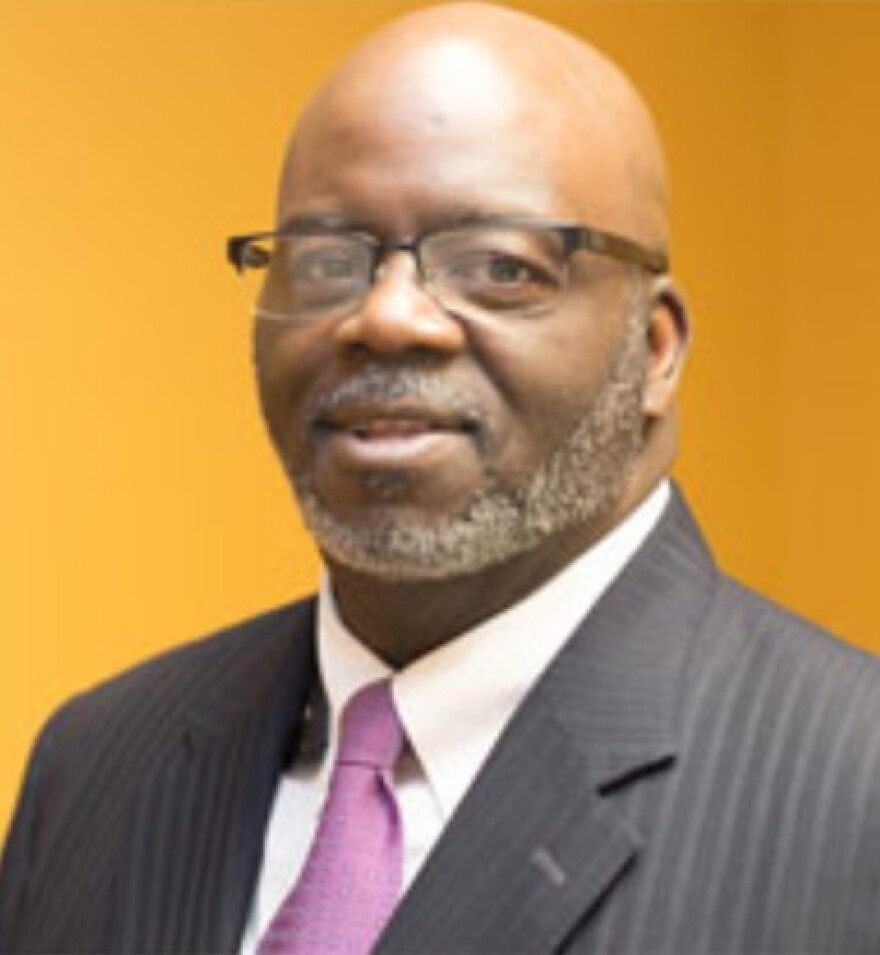The NAACP Peoria Branch is calling a recent decision by the Peoria County Election Commission a subtle but deliberate attempt at voter suppression, an allegation the commission chairman vehemently denies.
The PCEC no longer will apply prepaid return postage on its vote-by-mail ballots. NAACP Peoria president Marvin Hightower said that move could present a hardship for seniors, low-income residents, and people with limited mobility.

“With postage going up and with some of our community struggling already, this would be an added amount of money that some may not have to be able to mail in their ballots,” said Hightower. “We believe that elections should be free for all, and all should be able to participate without hindrance, and this could cause a hindrance.”
But PCEC chairman Jim Manning said he doesn't see how the change serves to limit voter participation.
“There’s ballot drop boxes conveniently available, so people can drop off their ballots and avoid the postage. The commission office is always open, and people can drop their ballots off at the office from Monday through Friday if they want to avoid the cost per stamp,” said Manning.
“What they don't know is that you can still mail your ballot back without postage, and the post office will deliver that to the election commission and bill the election commission for the cost of postage.”
Manning said he doesn’t understand why the postage issue is being viewed as suppression.
“We're making it extremely convenient for people to be able to vote from their kitchen table, use the mail-in ballot where they never have to leave the house,” he said. “But yet, it's such an inconvenience and such an expense for them to put a stamp on that ballot?
“What about all the other mail that they send? Is this not important enough for a voter to spend 67 cents to avoid the $2 or $3 worth of gas that they're saving having to drive to the polling station on election day, or to drive to the election office to drop off their ballot? How much more convenient can we make it for people?”

But Hightower said it’s not quite that simple for people having income issues. A 3-cent U.S. Postal Service rate increase for one-ounce letters will raise the cost of a single stamp to $.66 as of July 9. The mail-in ballots weigh more than an ounce and will require two stamps.
“With money already being tight, and with prices as they are in grocery stores, gasoline and what have you, from Ameren to whatever the case may be, it's an added cost to an individual who may already be struggling,” said Hightower.
“We're hoping people will go to the election commission and voice their concerns to the commissioners, write letters, emails, make calls, whatever the case may be to let them know how they feel. We want to stress how important it is to have the ability to have access to voting, and we don't want this to be a hindrance to anyone to exercise their right.”
Manning said the change is merely a cost-saving measure and not aimed at disenfranchising any specific voting blocs. He said the prepaid postage cost the commission about $13,000 in the last election.
“In each election cycle, that expense is just going to continue to grow and grow because vote-by-mail ballots are just becoming so common now that in the 2024 election, that number could double,” he said. “It could be $20,000 or $25,000 that we would be asked to incur in postage ... that money is just better spent elsewhere on voting equipment. We have such a tight budget as it is that it just didn't make sense for us to incur that for postage.”


